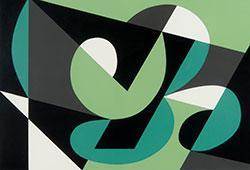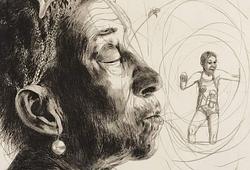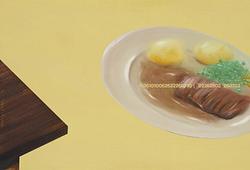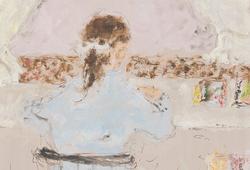Anders Petersen
"Lily & Rose, Café Lehmitz, Hamburg", 1970.
Signed Anders Petersen and numbered AP verso. Printed in 2002. Gelatin silver print, image 22.5 x 32.5 cm.
Provenance
Tom Böttiger Collection, Stockholm.
Literature
Anders Petersen, "Café Lehmitz", 2004, illustrated on p. 30.
Urs Stahel, Hasse Persson, Patric Leo and Anders Petersen, "Anders Petersen", 2013, illustrated on spread p. 318-319.
More information
One evening in the late 1960s, 23-year-old Anders Petersen walks into Café Lehmitz in Hamburg. The tobacco smoke is thick and the air is sour with beer, sweat, and urine. He sets his camera down on the table in front of him and starts talking to a young man. After a while, Petersen has to go to the men's room and when he returns to his seat, he finds the restaurant's guests taking pictures of each other with his camera. Petersen picks up where they left off and continues to photograph the people at Café Lehmitz for a total of two years. Café Lehmitz was a safe haven for those who had no other fixed point in life, where they found community and friendship. The man in the picture had a rose tattooed on his chest, hence the nickname Rosenkavalier. The smiling woman was not a traditional beauty but had a charisma that made her popular with the male guests. Here they meet in a brief moment of tenderness and joy. Petersen's photographs are tender and friendly portraits of people on the margins of society and Hamburg. A contemporary social document of friendship, exclusion, and the downside of the economic system. Petersen took his last pictures at Lehmitz in 1970, but later returned to show his pictures and see his old friends. It turns out that many of those he portrayed are gone, some have started a new life but many are dead or have left Hamburg. All that remains is a series of very vivid images of those who disappeared and left nothing or no one behind.







































